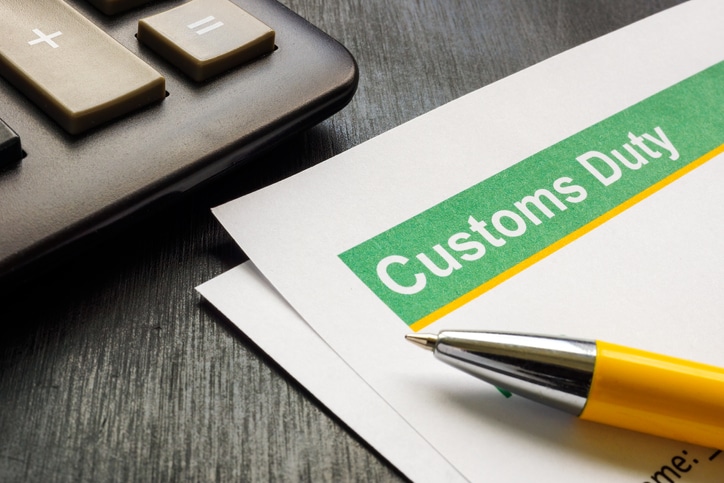On December 5, the U.S. Attorney for the Northern District of Texas announced a $2.5 million False Claims Act (FCA) settlement with ADCO Industries (aka Dallco Marketing, Inc.), a Dallas-based importer of industrial products, and two Chinese companies and two individuals. The settlement resolves charges that ADCO violated the FCA by failing to pay customs duties on imports from China.
According to the government, “falsified invoices were created and submitted to U.S. Customs and Border Protection (CBP) containing false, lower values for the goods ADCO was receiving from China” and that “a second set of correct invoices—invoices that were not submitted to CBP—were then used to ensure that ADCO paid its Chinese suppliers for the actual value of the goods.”
The government alleges that “this false invoicing practice resulted in the undervaluation of goods upon entry into the United States, which resulted in the loss of revenue in the form of customs duties and other fees.”
“Customs laws are an important component of national security and, among other things, protect the public and American businesses from unfair competition,” said U.S. Attorney Leigha Simonton. “This office will continue to aggressively investigate and hold accountable anyone it believes has tried to cheat the government and the public at large through the manipulation of customs duties.”
“CBP’s Consumer Products and Mass Merchandising Center of Excellence and Expertise worked in collaboration with the U.S. Attorney’s Office to identify and review over 1,000 import entry lines entered by ADCO, as relevant to the underreporting allegations,” said Director Gregory Alvarez of the CBP Atlanta Field Office. “CBP is proud of the investigative work done by its experienced Import Specialists on the case and will continue to work collaboratively with inter-agency stakeholders to safeguard our nation’s economic security.”
The settlement stemmed from a qui tam whistleblower lawsuit filed by Donald Reznicek and Collen McFarland. The False Claims Act’s qui tam provisions enable private citizens to file lawsuits on behalf of the government if they know of an individual or company defrauding the government. When qui tam suits result in a successful action against a fraudulent company or individual, qui tam whistleblowers are eligible to receive between 15 and 30% of the government’s recovery.
In this case, Reznicek and McFarland are set to receive $500,000.
On July 25, a bipartisan group of senators introduced the False Claims Amendments Act of 2023, which address a few technical loopholes undermining the success of the FCA. The bill is widely supported by whistleblower advocates.
“The False Claims Act is America’s number one fraud-fighting law,” said whistleblower attorney Stephen M. Kohn. “These amendments are urgently needed to ensure that whistleblowers can continue to play their key role in protecting taxpayers from corporate criminals.”
Further Reading:
Bipartisan Legislation Unveiled to Strengthen False Claims Act
